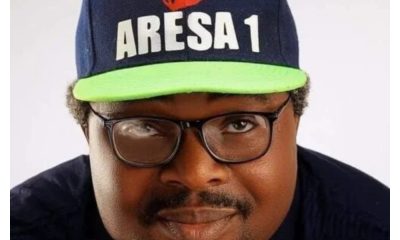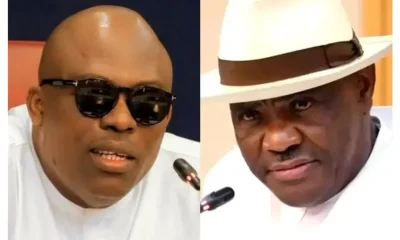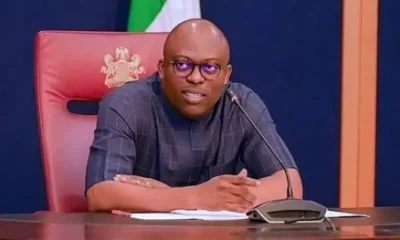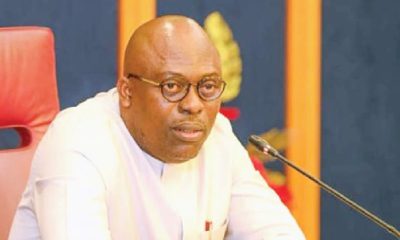NEWS
Fubara Says He Sacrificed to Secure Rivers Peace

Rivers State Governor, Siminalayi Fubara, has publicly disclosed that his acceptance of the state of emergency declared by President Bola Tinubu was a deliberate act of sacrifice made to secure peace, stability, and progress for the people of Rivers State. In a statewide broadcast on Friday, the governor offered a powerful justification for his actions, explaining why he chose not to legally challenge the emergency rule, a decision that has been viewed by many as an act of political pragmatism aimed at ending the long-standing crisis.
Speaking shortly after his return to officially resume duties, Governor Fubara acknowledged that the last six months had been “enormously challenging” for the state. He revealed that he had resisted significant pressure to challenge “the constitutionality of the declaration of a state of emergency, the suspension of democratic institutions, and all other actions endured during this difficult period.” This decision, as Dependable NG confirms, is particularly significant given that constitutional lawyers had argued that the President does not have the power to suspend an elected Governor or State Assembly. However, by choosing not to engage in a potentially protracted legal battle, Fubara prioritized a political solution, signaling his loyalty to the Presidency and his commitment to bringing the crisis to a swift and definitive end.
Fubara’s ultimate justification for his sacrifice was the peace deal brokered by President Tinubu. He stated that within the six-month period, President Tinubu had successfully mediated a peace process involving all the key players. According to the governor, he, the FCT Minister, Nyesom Wike, and all members of the Rivers State House of Assembly “have agreed to bury the hatchet and embrace peace and reconciliation in the best interest of our dear Rivers State.” The phrase “bury the hatchet” is a powerful metaphor for ending a conflict and represents a significant step towards a unified government. Fubara’s willingness to make concessions and work with his former political rival is seen as a crucial component of this newfound peace.
The governor noted that while the political crisis is now behind them and peace has returned, it was not without “the hard lessons learnt from the emergency rule.” As Dependable NG reports, the lessons were indeed costly. The state’s budget was not passed for six months, development projects were stalled, and the political uncertainty threatened the region’s economic lifeline. This period served as a stark reminder to all political actors that a protracted power struggle comes at a high price, and that the ultimate victims are the people. The responsibility now, Fubara said, “rests squarely on us: the Government, the State House of Assembly, political leaders and stakeholders to put aside our differences, work for the common good, and advance the interests of our people above all else.” He concluded by urging all parties to ensure that the peace they have embraced “remains permanent.” While the public reaction has been mixed, with some still skeptical about the longevity of the peace, Fubara’s broadcast was a powerful step towards reassuring the state that his administration is committed to governance and not political warfare.












